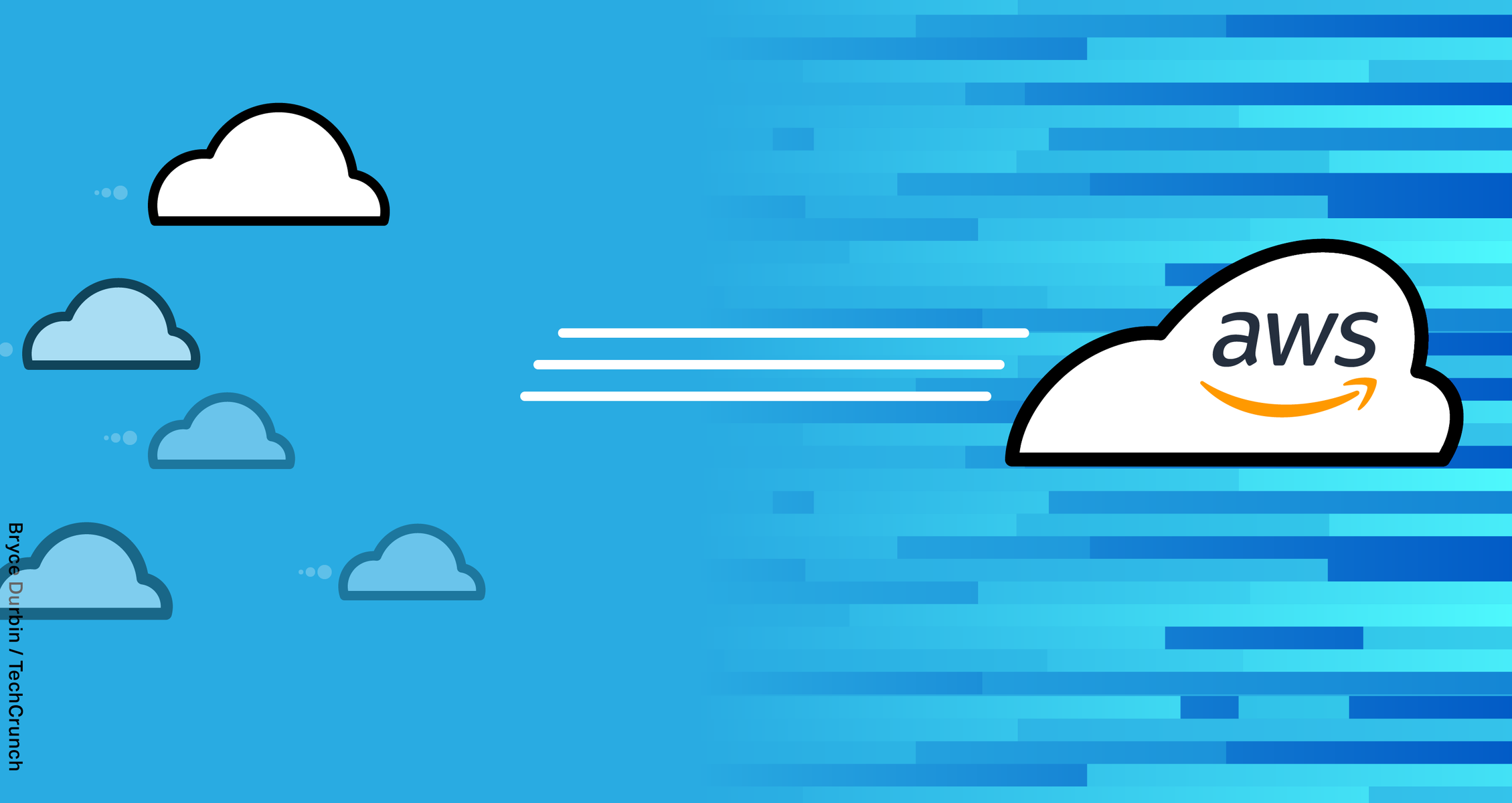“`html
Best Cloud Servers for Your App Setup: Top Recommendations
If you’re embarking on a new app development journey or looking to upgrade your existing infrastructure, choosing the right cloud server is a crucial decision. The cloud server you select can significantly impact your app’s performance, scalability, and cost-effectiveness. In this article, we’ll explore the best cloud servers for your app setup, breaking down the pros and cons of each to help you make an informed choice.
Why Choosing the Right Cloud Server Matters
In the fast-paced world of app development, selecting the most suitable cloud server can be the difference between success and failure. Here are a few key reasons why it’s important:
- Performance: The speed and efficiency of your app depend heavily on the server’s capabilities.
- Scalability: As your app grows, so do your infrastructure needs. Your cloud server should be able to handle increased traffic seamlessly.
- Cost: Overheads from cloud services can quickly add up. An optimized server choice can save you significant costs.
- Reliability: Downtime can damage your reputation and bottom line. A reliable server ensures your app is always available to users.
Top Cloud Server Providers for App Development
1. Amazon Web Services (AWS)
Amazon Web Services is a giant in the cloud computing world, offering a broad range of services that are both powerful and versatile.
- Scalable Solutions: With AWS, you can start with small-scale resources and scale up as your needs grow.
- Global Reach: AWS has data centers all over the world, allowing you to reduce latency by serving content closer to your users.
- Comprehensive Offering: You get everything from computing power to databases and machine learning services.
AWS is ideal if you require an extensive set of features, but it can be complex and may become costly without careful management.
2. Google Cloud Platform (GCP)
Google Cloud Platform is renowned for its data analytics and machine learning prowess. It’s a solid choice for those looking into integrating AI capabilities.
- Superior Data Analytics: GCP offers tools like BigQuery, which are excellent for handling large-scale data processing.
- Kubernetes Support: As the developers of Kubernetes, Google provides excellent support for containerized applications.
- Network Infrastructure: Google’s global network ensures fast and secure data delivery.
GCP may have a learning curve, especially for developers new to its ecosystem, but its features are top-notch for data-driven applications.
3. Microsoft Azure
Azure is a strong competitor in the cloud market, particularly attractive for businesses already using Microsoft products.
- Integration with Microsoft Ecosystem: Azure seamlessly integrates with tools like Office 365 and Dynamics.
- Hybrid Cloud Capabilities: Azure has robust hybrid solutions that allow combining on-premises and cloud environments.
- Enterprise-Friendly: It offers enterprise-grade SLA support and management tools.
Azure is particularly beneficial for enterprises but may require a bit of expertise to fully take advantage of its offerings.
4. DigitalOcean
DigitalOcean is favored by developers for its simplicity and user-friendliness. It’s a great option for small to medium-sized applications.
- Simple Dashboard: The interface is intuitive, making it easy even for novice users to deploy applications.
- Developer-Friendly Tools: Comes with solid documentation and community support.
- Cost-Effective: Typically offers more affordable pricing compared to larger providers.
DigitalOcean might lack some advanced features of bigger providers but is perfect for straightforward app deployments.
5. Heroku
For developers focused on deploying applications without extensive infrastructure management, Heroku is a popular choice.
- PaaS Model: Heroku provides a Platform as a Service experience, abstracting much of the backend complexity.
- Easy Deployment: Known for its “git push” deployment method which simplifies code delivery.
- Add-Ons Marketplace: Offers a variety of third-party services to easily integrate into your app.
Heroku is excellent for quick startups but may become costly for larger, more complex applications.
Factors to Consider When Choosing a Cloud Server
Before making a final choice, consider the following factors to ensure your selection aligns with your specific needs:
- Budget: Determine what you can afford to spend, both initially and in the long term.
- Technical Skill Level: Pick a service that matches your team’s expertise and learning capability.
- Service Level Agreements (SLAs): Review the provider’s SLAs, especially those concerning uptime and support.
- Compliance and Security: Ensure the server meets necessary compliance standards and security requirements for your industry.
- Future Growth: Choose a provider that can scale with your business as it grows and evolves.
Conclusion
Selecting the best cloud server for your app setup requires careful consideration of your app’s needs, your team’s proficiency, and your budget constraints. Whether you opt for the expansive features of AWS, the analytic prowess of GCP, the enterprise-ready Microsoft Azure, the simplicity of DigitalOcean, or the ease-of-use offered by Heroku, ensure that your choice aligns with your long-term business goals.
FAQs
1. What are the most important features to look for in a cloud server?
The most critical features depend on your specific needs but typically include performance, scalability, cost, reliability, and security.
2. How do I decide which cloud provider is best for my app?
Evaluate the unique requirements of your application, such as expected traffic, necessary integrations, compliance needs, and your budget. Test the platforms if possible and consider customer reviews.
3. Is it possible to switch cloud providers later on?
Yes, but it can be complex and time-consuming. It’s essential to plan for a possible migration from the start to ensure a smooth transition.
4. Can smaller apps benefit from larger platforms like AWS and GCP?
Yes, smaller apps can benefit from the wide range of services offered by AWS and GCP, but it’s important to monitor usage to avoid unnecessary costs.
5. What are the advantages of using a PaaS like Heroku?
PaaS solutions like Heroku simplify deployment and management tasks, making it easier for developers to focus on writing code and less on infrastructure management.
“`
This structured blog post includes HTML formatting suggestions, ensuring it is both user-friendly and optimized for search engine performance.






